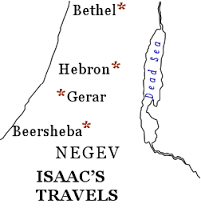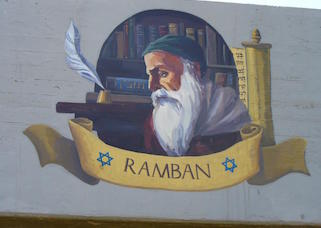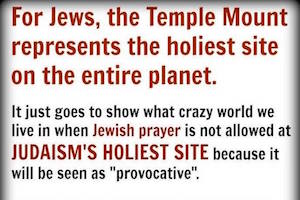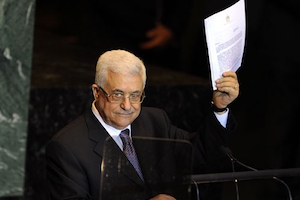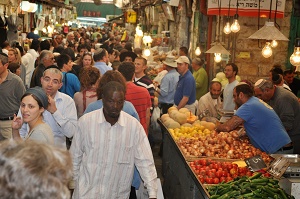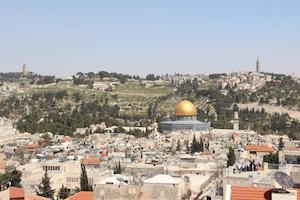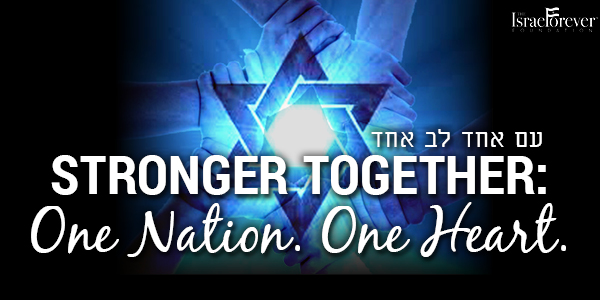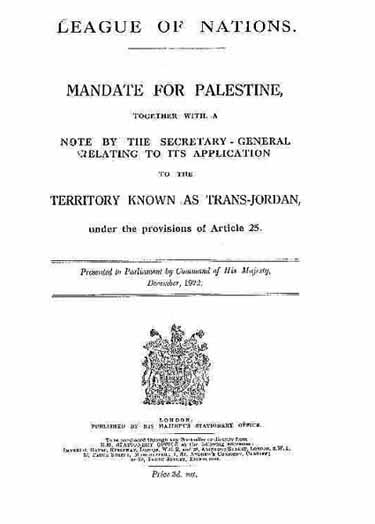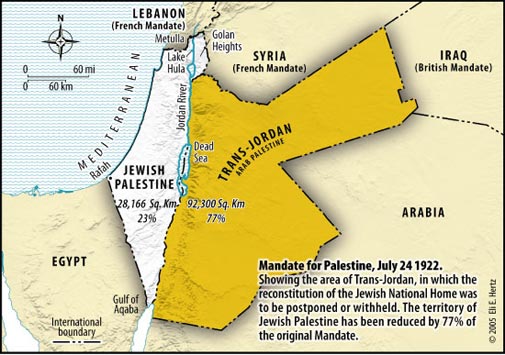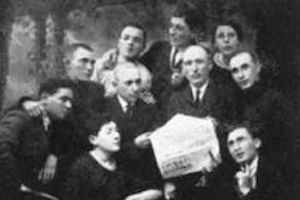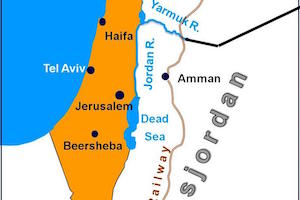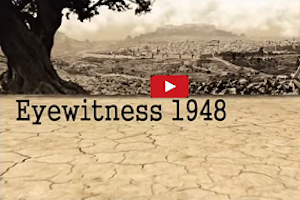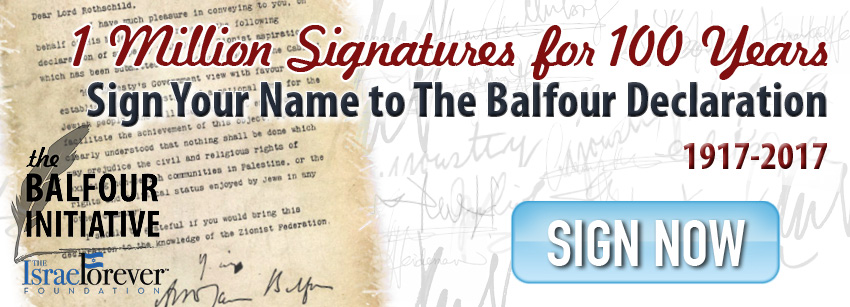THE FORMULA FOR ISRAEL'S TRIUMPH
By David M. Weinberg
Anti-Semitism rears its ugly head for the first time in recorded history against the first person born as a Jew -- against our biblical forefather Isaac -- in the chapters read in synagogues around the world this weekend.
The story of how Isaac's detractors nevertheless came around to embrace him is a tale pregnant with deep policy relevance for the modern State of Israel. It suggests a spiritual, diplomatic and defense path forward.
The biblical narrative is well-known: Isaac settles in Philistine Gerar (after being instructed by God not to migrate to Egypt, despite a famine in the promised land). God blesses Isaac with great wealth. His crops succeed a hundredfold; his flocks and herds grow large.
The locals become intensely jealous of Isaac, then contemptuous of him, then spiteful. They seal the water wells that Isaac has successfully dug, despite the fact that this is self-destructive. Philistine malice ruined a precious resource they could have shared.
("Sinah mekalkelet et hashura," taught Rabbi Shimon bar Yochai. Hatred messes people up. It destroys the hater, as much as it targets the hated.)
The local chieftain, King Avimelech, then expels Isaac from the city, because, he says, "you [Isaac] have been become too powerful [wealthy] for us."
Nahmanides, a prolific 13th-century biblical and Talmudic scholar, explains that Avimelech was shamed by the fact that Isaac was richer than he; setting in place a pattern of resentment and violence that has characterized Jewish-Gentile relations for centuries since.
Isaac settles in a nearby valley, but here, too, the locals pick a series of fights with him over additional wells that he successfully digs. These include water holes that Isaac's father Abraham had dug in earlier years, but they too had been malevolently potted. Brazenly, Isaac reopens them. Only when Isaac moves farther away, first to Rehovot and then to Beersheba, does he find quiet.
And then a strange thing happens. Avimelech and his top general come running after Isaac seeking a peace treaty; a blood covenant, no less. "But why are you all-of-a-sudden so solicitous of me?" Isaac asks incredulously. "Just yesterday, you detested me and booted me out!"
Now listen to the beautiful punch line of the story: "It's because we now see that God is with you," the two Philistine leaders exclaim. "We realize that you are blessed by God, and we're better-off partnering with you than alienating you."
What brought about this significant turnabout in the Philistine approach to Isaac? What turned their antipathy into admiration, and their bitterness into respect?
The traditional Jewish commentators suggest that three factors weighed on the minds of Avimelech and his army chief of staff. First, they were awed by Abraham's faith and Isaac's persistence.
Abraham and Isaac were true believers who didn't cut and run when the going got tough. They played the long game, cleaving to their belief system.
Isaac, especially, had the courage to continue his father's ideological journey, even though few expected Abraham's monotheistic mantras to last beyond his charismatic lifetime. That's why Abraham's wells (perhaps these were his "kiruv," or outreach, centers) were shut down when he died. It was assumed that Abraham's oddball religious insurgency would die along with him. Yet Isaac dug in and forged ahead with his father's revolution.
Second, you can't argue with success! Isaac was clearly blessed -- whether by divine power or by fortune. He showed creativity, ingenuity, and, we might even say, technological prowess. Why not benefit from such a source of bounty, rather than besmirching and battering it?
Third, Isaac was powerful. Nahmanides posits that Isaac maintained his father's army of 300 armed mercenaries, as well as alliance understandings with other tribes in the region. Isaac was someone to be feared. And while Isaac hadn't fought back when pushed out of Gerar, Avimelech had to be concerned that one day Isaac would come roaring out of the desert to clobber him -- just as Abraham had once defeated the powerful armies of four other local kings.
The lessons for the modern State of Israel are vividly clear.
First, the nations of the world will respect the people of Israel for adherence to faith, just as Avimelech honored Isaac for his devotion.
Jewish fealty and authenticity, not the flight from Jewish identity, is what guarantees both Jewish continuity and non-Jewish admiration. When we are loyal to the biblical moral codes and the demands of Jewish history, world powers will reward us with their loyalty, too. When we evince high regard for our traditions, the world will express high regard for our aspirations. Respect our own culture, and we will earn their respect, too.
By the way, this is an explicit divine promise. See Deuteronomy 4:6-8.
The takeaway is that reintroducing basic Jewish and Zionist identity studies in the Israeli school system, after decades of neglect, is critical to Israel's domestic and diplomatic future. A further takeaway is that Israel must play the long game, like our forefathers: hewing to the land and trusting that Providence will help in overcoming all adversities.
Second, Israel should continue to invest in its high-tech, cyber tech, biotech, water tech, environmental tech and other cutting-edge competencies. It must maximize its expertise in these fields, and in development work, immigrant absorption, early childhood education, disaster management, and so much more -- to build alliances around the world. People don't argue with success, they rally round it! Like Isaac, we have every reason, altruistic and selfish, to share our advances and blessings with the world.
Third, keep our gunpowder dry and muskets at the ready. Maintain a large, fierce army. Be judicious about the use of force, like Isaac, but resolute in achieving legitimate military objectives, like Abraham.
In specific terms, this indeed means buying updated Dolphin submarines and F-35 jet fighters, and investing in large ground formations as well as in intelligence technology.
Take heed of the biblical Isaac story: Faith, fortune and power are the ingredients that guarantee Israel success against its adversaries.
David M. Weinberg is director of public affairs at the Begin-Sadat Center for Strategic Studies.
Recommended:
STRONGER TOGETHER
How are you making a difference for Jewish Unity?









